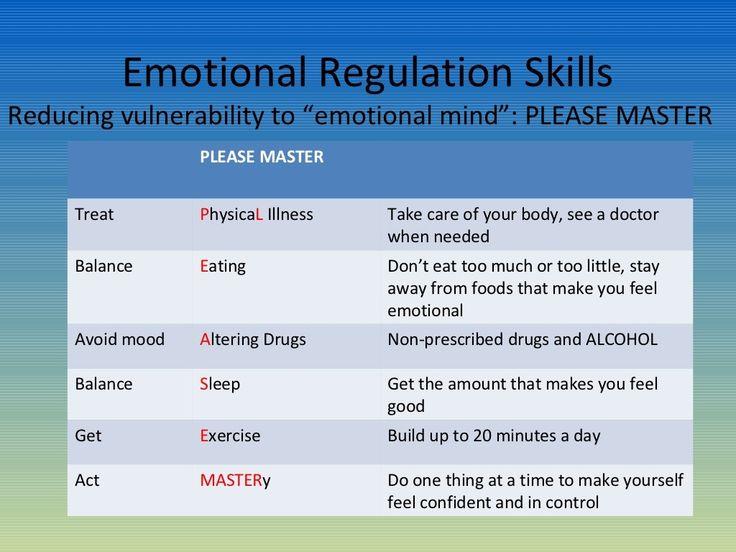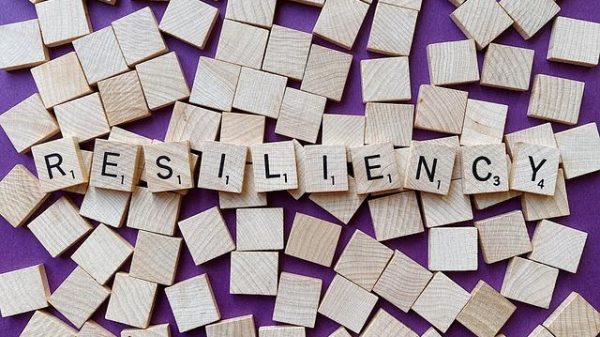In the intricate dance of human relationships, emotional vulnerability often emerges as both a delicate waltz and a formidable barrier. While it can feel daunting to lay bare our deepest fears and desires, doing so is essential for cultivating a truly intimate and resilient bond with our partners. Emotional vulnerability is not a sign of weakness; rather, it is the cornerstone of authentic connection, fostering trust and understanding in a relationship. As we embark on this exploration of effective ways to enhance emotional vulnerability with your partner, we will uncover the subtle art of opening up, the courage it demands, and the profound rewards it offers. Join us on this journey to transform your relationship into a sanctuary of honesty and empathy, where both partners can thrive in the light of shared truths.
Creating a Safe Space for Open Dialogue
Building a haven where both partners feel secure enough to express their innermost feelings is crucial for deepening emotional intimacy. Honest communication forms the backbone of such a space, allowing each partner to share their thoughts without fear of judgment or misunderstanding. To foster this environment, consider setting aside regular time for open conversations, ensuring that both partners have the opportunity to speak and be heard. During these discussions, practice active listening by giving your partner undivided attention and validating their emotions.
Incorporate elements that encourage transparency and trust, such as:
- Non-verbal affirmations like nodding or maintaining eye contact to show genuine interest.
- Reflective listening by paraphrasing what your partner has shared to ensure clarity and understanding.
- Safe words or phrases to pause conversations when emotions run high, allowing time to regroup.
- Agreed-upon boundaries that respect each other’s comfort levels and personal space.
By implementing these practices, couples can gradually nurture a relationship where vulnerability is not only accepted but embraced, paving the way for a more connected and empathetic partnership.

Building Trust Through Active Listening
Active listening is a profound skill that fosters emotional connection and enhances intimacy between partners. It involves not just hearing words but truly understanding the emotions and intentions behind them. To practice active listening, focus on maintaining eye contact, nodding in acknowledgment, and avoiding interruptions. These small gestures can significantly impact how your partner perceives your attentiveness and willingness to engage in meaningful dialogue.
- Paraphrase and Reflect: Summarize what your partner has shared to confirm your understanding. This not only shows that you are paying attention but also encourages your partner to open up more.
- Ask Open-Ended Questions: Encourage deeper conversation by asking questions that require more than a yes or no answer. This demonstrates genuine interest in their thoughts and feelings.
- Be Present: Put away distractions such as phones or laptops. Being fully present signals that your partner is your priority during the conversation.
Through active listening, you create a safe space for vulnerability, allowing both you and your partner to express emotions freely and honestly. This openness lays the groundwork for building trust and nurturing a resilient emotional bond.

Embracing Authenticity in Emotional Sharing
Creating a space where you and your partner can be emotionally open requires intentionality and care. Start by establishing a foundation of trust and understanding. Prioritize active listening, ensuring that your partner feels heard and valued. This can be as simple as maintaining eye contact and offering empathetic responses. Consider practicing mindfulness together, which can help both of you stay present and engaged during conversations. It’s also important to set boundaries to protect your emotional well-being, allowing for vulnerability without overexposure.
- Communicate openly: Share your feelings without fear of judgment, and encourage your partner to do the same.
- Practice patience: Emotional vulnerability takes time, so allow each other the space to open up at your own pace.
- Validate emotions: Acknowledge each other’s feelings, even if you don’t fully understand them.
- Be supportive: Offer reassurance and comfort, reinforcing that you are a safe space for each other.

Practical Exercises to Deepen Emotional Connections
To foster a deeper emotional connection with your partner, consider engaging in exercises that promote openness and understanding. Start by setting aside dedicated time each week for a “vulnerability hour”, where both partners can share thoughts and feelings without judgment or interruption. This safe space encourages honest dialogue and helps in building trust.
- Reflective Listening: Practice listening without planning your response. Repeat back what your partner has said to ensure understanding and show empathy.
- Shared Journaling: Maintain a joint journal where you both write down thoughts, fears, or dreams. Exchange journals weekly and discuss entries together.
- Guided Meditation: Try a couple’s meditation session to relax and center yourselves. Focus on breathing and maintaining a sense of calm together.
- Appreciation Exercises: Regularly express gratitude by sharing three things you appreciate about each other, which can enhance positivity and connection.
By incorporating these exercises into your routine, you can nurture a relationship environment that values emotional vulnerability, ultimately strengthening the bond between you and your partner.








